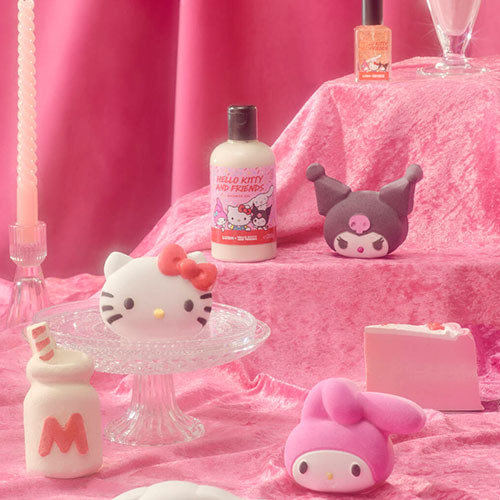Source talks to evp and md, Maarten Weck about recent changes at the agency, how it has coped during lockdown and what the remainder of 2020 could look like.
The past year has brought about some significant changes in the world of WildBrain CPLG. With the ceo of its parent company, Eric Ellenbogen realising the company would benefit from a unifying brand, first up was the name change, bringing it in line with the WildBrain family and underlining its close working relationship with all of the company’s business units.
Management changes have seen promotions for John Taylor and Pau Pascual to vice presidents of Northern Europe and Southern Europe respectively, while the introduction of the new WildBrain CPLG Lifestyle division – headed up by Victoria Whellans – has given dedicated focus to the corporate and lifestyle properties within its portfolio.
Maarten Weck, evp and md of WildBrain CPLG, explains to LSB: “Our team has made significant strides in synergising the efforts of our licensees and retailers across Europe, but it felt there would always be some differences in management style and priorities. By splitting Europe into two management regions, we feel we are better equipped to realise this and grow our offering within Europe.
“I believe this synergy equips us to think global and act local – ‘glocal’ as we like to call it. The wider WildBrain organisation is now much more joined up than ever before and we are seeing the benefits of that every day.”
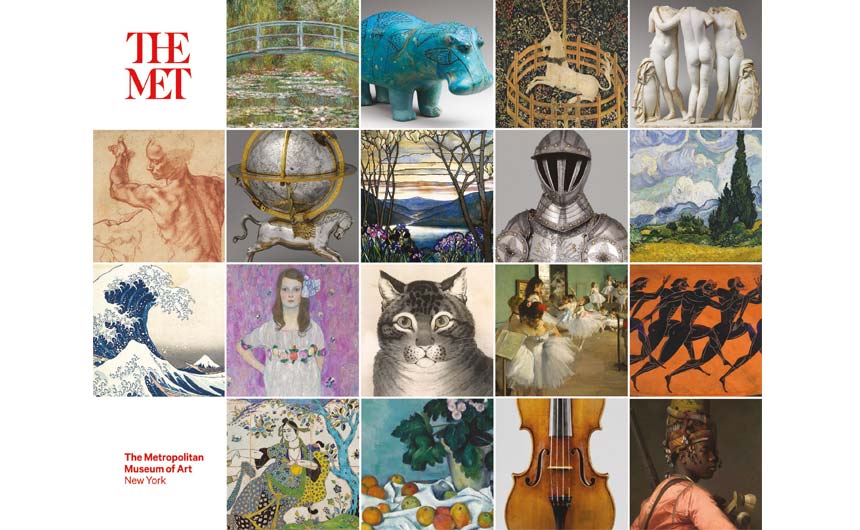
Earlier this year also saw Steve Manners stepping into the role of vp business development across the WildBrain Spark (the digital kids network and studio) and WildBrain CPLG units, marking the first hybrid management position for the company.
Maarten believes that the new structure makes WildBrain CPLG much better equipped to be real brand builders. Indeed, the company has continued to build on the success it enjoyed in 2019 in key territories, firming up its portfolio in the first half of 2020.
It has extended its deal with Hasbro to include the Nordics and Benelux markets, taken on representation of YouTube superstars Vlad & Niki in EMEA and Russia, and extended its EMEA agreement with Spin Master to include additional IP such as Toca Boca and Bakugan. In addition, it secured a multi-territory renewal for Perfetti van Melle’s confectionary brands Chupa Chups and Mentos, as well as having Smint added to its remit for Europe.
Additionally, it has been appointed to represent Sanrio’s character brands including Hello Kitty for Iberia and Germany and secured a new deal with Plaster Partners to represent the iconic 1980s fitness expert Richard Simmons worldwide.
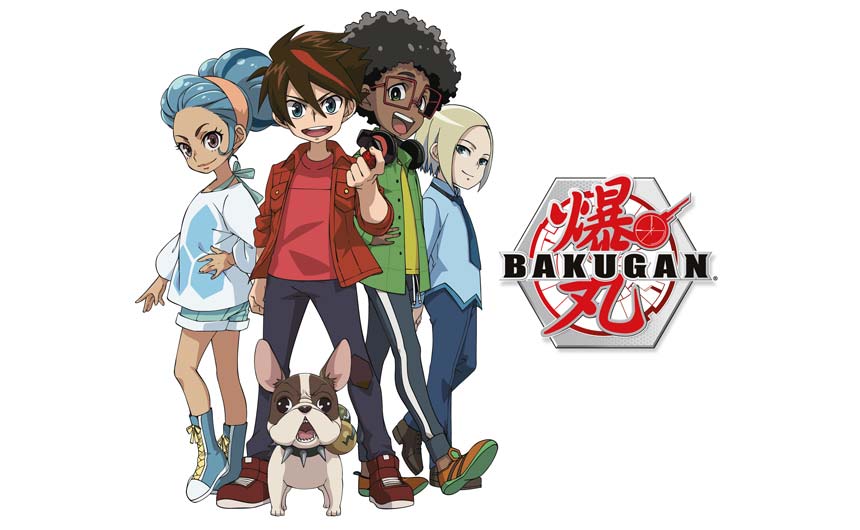
“I am very excited to announce that we have signed a deal with The Metropolitan Museum of Art to exclusively represent the iconic New York institution in EMEA,” Maarten adds enthusiastically.
WildBrain CPLG has also focused on making sure it balances its portfolio with local rights. Maarten says: “For example, in the UK we now represent Banijay’s popular TV brands, such as The Inbetweeners and The Crystal Maze, and also HarperCollins Children’s Books’ classic The Tiger Who Came to Tea. And in our Lifestyle portfolio for Europe, we’ve recently added cleaning-technology brand Kärcher. We also are currently in final negotiations on several other IP.”
The business hasn’t been unaffected by the pandemic, however. Maarten explains that the company’s primary focus has been making sure staff are safe and able to work from home, and it has remained fully operational. Keeping in close contact with licensors, licensees and retailers has been key, and Maarten says it has been great to see the resilience of the industry during this time.
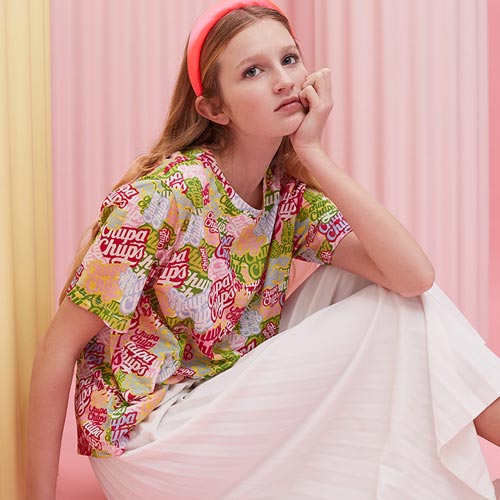
“After the initial shock, our business has bounced back. Of course we expect to feel some impact of the closure of retail in our Q2 royalties and we all know that soft lines have been hit especially hard. However, we’re also seeing a very high level of new business and not only in classic brands, but in some newer brands too. For us this is a great development and indicator that our licensees are not just waiting for better days; they are actively investing in a brighter future and we are very supportive of that,” says Maarten.
The overarching aim for WildBrain CPLG in 2020 and into 2021 remains to maintain its growth path, and grow even further in several directions.
Maarten also has a message for the wider industry: “I am hoping that everybody is safe and healthy and I really believe our industry will come out of this COVID period stronger than before. If we support each other as best as we can, I am confident that, in the long run, the vast majority of the industry will survive. While it will never be truly the same, innovative thinking and a quick, flexible adaptation to the changes will be crucial. As long as we approach this as a joint and collaborative effort in which we can all depend on and support one another, we will achieve a brighter future.”
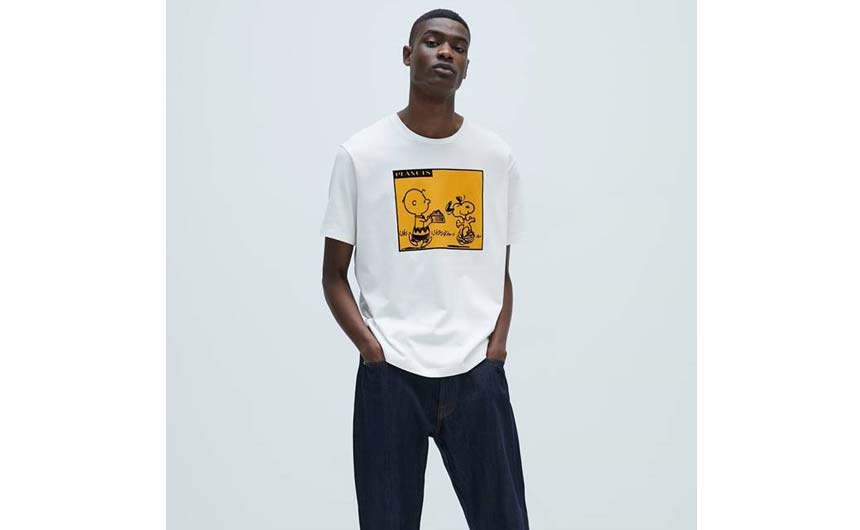
The WildBrain family
Within WildBrain, there are the following business units: WildBrain Spark, the digital kids network and studio; WildBrain Studios based in Vancouver where animation is realised, and in Toronto where the company’s development team and a live action production team are based; a global Distribution arm which sells first and third-party content worldwide; and WildBrain Television, which owns and operates a number of Canadian TV channels.
In addition, WildBrain also owns a majority stake in the Peanuts franchise, based out of New York.
“The breadth of WildBrain’s offering gives us deep experience and a unique, global view across the entertainment IP market,” says Maarten. “This extends from the seed of a content idea, through to its production and distribution across the world, to having our own linear channels, and also being able to activate and advertise digitally via WildBrain Spark, which averages over 3.5 billion views per month on YouTube. And we complete the circle by creating consumer product programmes. We do all of this not only for our own brands, but also for numerous third-party brands. This gives brand owners a unique set of options to strategically partner with one, several, or all of the above business units to enhance their brand offering.”
This feature originally appeared in the summer 2020 edition of Licensing Source Book. To read the full publication, click on this link.



























